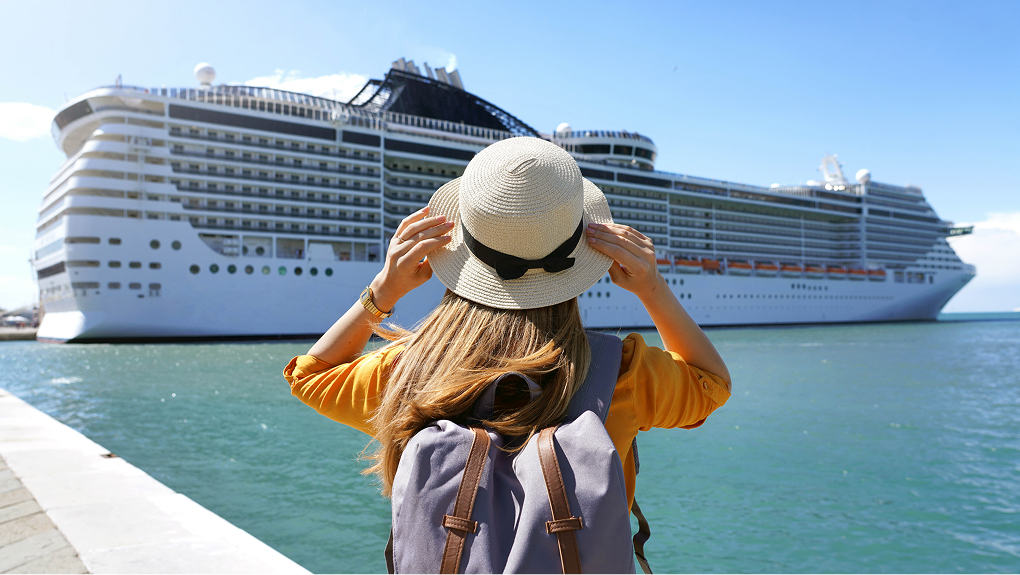“I’d recommend them to anyone working offshore. They fought hard and got me a settlement that helped cover my medical bills and lost wages.”

Cruising the Gulf Coast offers dreams of relaxation and adventure. However, for many, those dreams can turn into nightmares when a preventable accident leads to serious injuries. Cruise ships, despite their glamorous appearance, are complex environments where negligence can and does occur. If you or a loved one has suffered an injury on a cruise ship, whether as a passenger or a crew member, understanding your legal rights is crucial. At our firm, our maritime injury lawyers possess extensive experience representing individuals injured on cruise lines departing from or operating in the Gulf Coast, and we are prepared to fight for justice for victims nationwide.
Cruise ship accidents can arise from a multitude of factors, often stemming from the cruise line’s negligence or the negligence of its crew.
These are among the most common types of injuries on cruise ships. They can be caused by:
While cruise ships have medical facilities, the standard of care can sometimes fall short of land-based hospitals. Injuries can result from:
Many injuries occur not on the ship itself, but during shore excursions offered or recommended by the cruise line. These can include:
Unfortunately, cruise ships are not immune to crime. Injuries can result from:
While not always leading to a personal injury lawsuit, severe illness outbreaks, such as Norovirus or other communicable diseases, can be devastating. If an outbreak is linked to unsanitary conditions, contaminated food, or a negligent failure to contain a spread, the cruise line may be held liable.
Unlike land-based injury claims, cruise ship injury cases are governed by complex federal maritime law and unique contractual obligations.
Maritime law, also known as admiralty law, applies to incidents on navigable waters. This body of law has specific rules regarding negligence, liability, and damages that differ from state laws. Furthermore, most cruise ships are flagged in foreign countries (e.g., Panama, Bahamas), adding another layer of complexity to jurisdiction and applicable laws.
Perhaps the most critical factor in a cruise ship injury claim is your passenger ticket contract. This seemingly innocuous document, which you agree to upon booking, contains clauses that severely limit your rights. These often include:
Failing to adhere to these strict contractual terms can lead to the dismissal of your entire case, regardless of the severity of your injuries.
If you are a crew member injured while working on a cruise ship, your rights are generally protected under the Jones Act. This federal law allows seamen to sue their employer for negligence that causes or contributes to their injury. Additionally, injured seamen are entitled to “maintenance and cure,” which covers living expenses and medical care during recovery. Your rights as a crew member are distinct from those of a passenger and require a lawyer experienced in maritime worker claims.
Successfully pursuing a cruise ship injury claim requires a deep understanding of maritime law and the specific tactics employed by large cruise corporations.
Even if you reside on the Gulf Coast (e.g., Texas, Louisiana, Alabama, Mississippi, Florida), your case will almost certainly need to be filed in the specific federal court designated in your ticket contract, most commonly in Miami, Florida. Our firm has the experience and resources to represent clients nationwide in these specialized maritime courts.
Due to the extremely short deadlines imposed by cruise lines, immediate action is critical. We can help ensure all necessary notices are filed correctly and on time, preserving your right to pursue compensation.
Cruise lines owe a duty of reasonable care to their passengers. However, proving a breach of this duty requires diligent investigation and robust evidence. We will:
Seek immediate medical attention, even for seemingly minor injuries. Report the incident to cruise ship staff and insist on an official incident report. Take photos of the hazard and your injuries. Do not sign any documents or give recorded statements to the cruise line without consulting an attorney.
For most passenger claims, your ticket contract will limit you to one year from the date of the incident to file a lawsuit, and often requires written notice within six months. These deadlines are extremely strict.
It depends. If the excursion was organized or operated by the cruise line, you might have a claim against them. If it was an independent third-party operator, the lawsuit might be against that entity, though the cruise line could still have some liability if they were negligent in vetting the operator.
You may be entitled to compensation for medical expenses (past and future), lost wages, pain and suffering, emotional distress, and loss of enjoyment of life. The specific damages depend on the facts of your case.
While the flag state determines some aspects of the law, U.S. federal maritime law often still applies if the cruise departs from or has significant ties to a U.S. port. Your ticket contract will almost certainly dictate that your case must be filed in a U.S. federal court, typically in Florida.
The aftermath of a cruise ship injury can be a confusing and frustrating time, especially with the unique legal hurdles involved. Don’t let the complex maritime laws or the cruise lines’ aggressive defense tactics prevent you from getting the justice you deserve. Our Gulf Coast Cruise Ship Injury Lawyers have the knowledge, experience, and dedication to fight for your rights and pursue the maximum compensation for your suffering.
Time is of the essence in cruise ship injury claims.
Contact our experienced team today for a free, confidential consultation.
